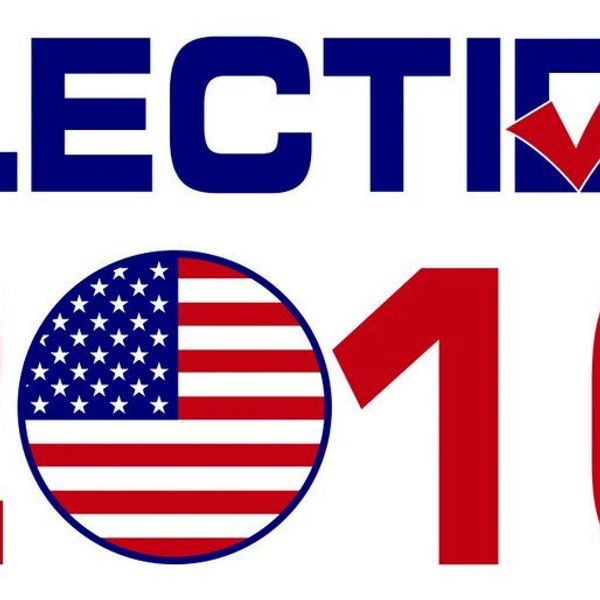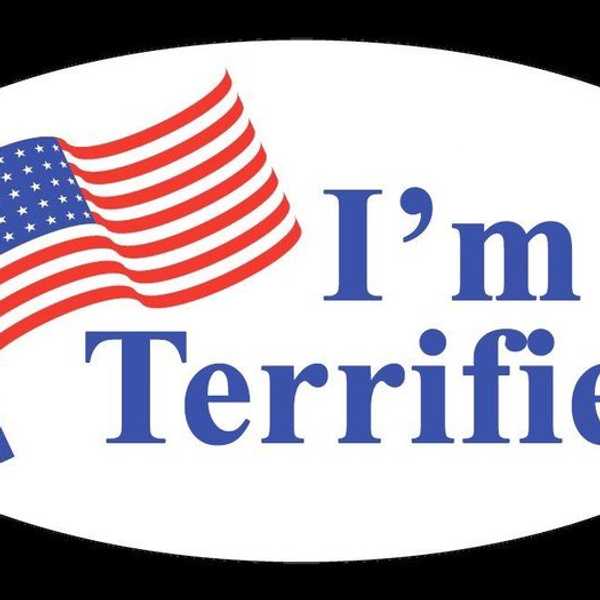In the wake of Orlando, everything feels the same. My friends have still been going out to gay bars, people still talk about Hillary Clinton and Donald Trump’s shortcomings, Americans go back to mourning yet another gun-related massacre and I still hold my boyfriend’s hand as we walk down the street. But now I think a little more before I do.
I look around to see who we might be upsetting. Don’t get me wrong, I have never fully been able to hold my boyfriend’s hand without looking around. My boyfriend drops my hand when he sees police officers. I drop his when we meet someone of a certain generation. But at some point you learn to do it the majority of the time with a certain F-U attitude.
As we flew to D.C. this weekend, however, my brain had me wondering whether it was rude to sleep on my boyfriend’s shoulder on the plane. I analyzed the woman in the aisle with us for signs of conservatism: Did she have a southern accent? How old was she? How educated? Was she likely to have a problem with us? Directly in front of and behind us, two straight couples slept on each other’s shoulders. I found myself jealous, particularly of the couple in front of us. Why don’t they have to look around? Why am I thinking about what other people will think of us when they don’t have to? I was jealous and frustrated.
Then I convinced myself that I was making it up, that the problem was entirely in my head, that no one cared or even noticed when we held hands. Then we got to D.C. And oh my god. It was incredible how, without fail, passersby, bus drivers, families (parents and children) and even people relatively my age would turn to look at us. As they walked by, their eyes would lock on us as they walked and they would continue on, even turning their heads to look behind them. So much for nobody noticing or caring.
Don’t get me wrong, I don’t hate all attention. I have a distinct memory of a woman on the subway, an old woman with white curly hair, who looked at us lovingly with a huge, grandmotherly smile on her face. She didn’t say anything, but it was clear that she found our relationship heartwarming and being the source of that happiness was gratifying and heartwarming in itself. I couldn’t help but smile.
On the other hand, as my boyfriend and I lay in the grass in the park in D.C., the impassive stares from mothers and fathers felt invasive and somehow minimizing. Not only were they not giving any indication of approval, disapproval, contempt or joy, but I’m not sure they knew I could see them. I’m not even sure they knew they were staring. They just locked their eyes and continued to study us as they walked across the grass. It was D.C., a rather gay and liberal place, so I’m sure many of them had good intentions, though it’s possible many didn’t as well.
I realized, or reaffirmed perhaps, that this is the difference between politicized identities and non-politicized identities. For politicized identities, it is unavoidably a political statement to be yourself. Two men holding hands is still an aberration from the normal schema of life people have constructed in their heads, even if they are straight and cisgendered liberals. And for some reason, people feel justified imposing their opinions on you. We can have a debate about whether it’s okay for me and my boyfriend to hold hands on the plane, but we can’t have the same debate for the straight couple seated in front of us.
There is, therefore, a stark contrast between how politicized identities interact with politics and how non-politicized identities do so. For politicized identities, it is your everyday life, what decisions you can make and where you will be able to go in life. For non-politicized identities, LGBT identities can be a cerebral or Biblical question of morality, immigration can be a question of the economy and foreign policy can be a question of projecting America’s influence or of oil prices. And this often creates a privilege-divided miscommunication around how different identities interact with politics.
I remember one man at a networking event who asked me where I wanted to live after graduation. I answered San Francisco, D.C., or Boston because they were the only places liberal enough for me. He wagged his finger at me and told me that Yankees and Red Sox fans all learn to live in the same city together. But the Yankees never voted on whether the Red Sox should have the right to marry, I thought.
And yet this man’s view of politics seems to almost perfectly represent how non-politicized identities have the privilege to see politics. My father gave a talk on Donald Trump about a week ago. The audience was predominantly wealthy and white, albeit liberal. Though no one in the audience actually supported Trump (to my knowledge), the way they discussed Donald Trump’s shortcomings versus crooked Hillary’s was like they were spectators at a sporting event.
One man compared Hillary’s un-likability to Trump’s decisiveness, saying he could see and understand why people would vote for Trump over her. Others nodded in appreciation. They did not talk about the lives that would be affected, destroyed or lost under a Trump presidency. They didn’t talk about how he treats women or his antagonistic approach to foreign policy. It was like they were talking about two equal teams and their respective chances of winning this match. Oh ho hum, old chap, have you seen that one? Could come out ahead this season.
But the fact is that the two outcomes are not equal based on treating other human beings equally, and it is not something that should be discussed like sports teams. Who wins the Super Bowl or the World Series impacts no one in any tangible way. Who will be president does. And it will affect politicized identities far more than non-politicized ones.





















